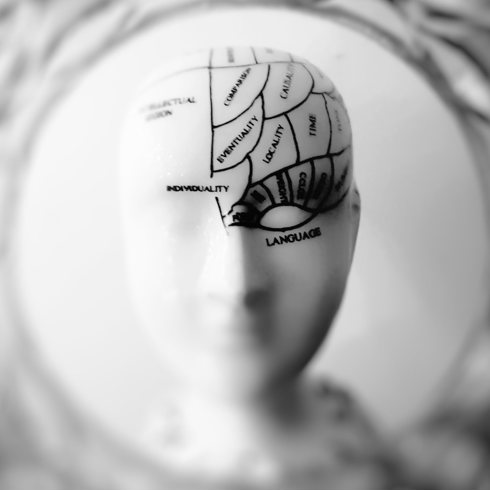International Epilepsy Day 2024
Published: Thursday, 3 August 2023
 Monday 12th February is International Epilepsy Day. The day is to raise awareness about epilepsy and how it impacts those living with it as well as their families and friends.
Monday 12th February is International Epilepsy Day. The day is to raise awareness about epilepsy and how it impacts those living with it as well as their families and friends.
This year the theme for the day is tackling the stigma people with epilepsy face every day. Often this stigma is more challenging to deal with than the epilepsy itself.
There are misconceptions around epilepsy including things like people thinking epilepsy is a mental illness or that it is contagious. The aim of this day is to help dispel these myths and misconceptions and give more information to those who don’t yet know much about epilepsy.
It is thought that there are more than 50 million people in the world living with epilepsy but did you know it isn’t necessarily a life-long diagnosis?
What is Epilepsy?
One of the things we often associate with epilepsy are seizures.
A seizure is simply when the electric activity in the brain has a sudden burst of intensity and it causes a temporary disruption to how the brain normally works. We can think of it like the brain’s messages becoming mixed up.
When someone is having a seizure, all of the muscles in the body become active which is why a person can often appear rigid and things like the eyes can flicker. Seizures can be completely exhausting for an individual.
Anyone can have a seizure if the brain is exposed to strong enough stimulus. It tends to be called epilepsy when it is recurring. However, if a person goes a long time without a seizure they may be consider to no longer have epilepsy.
Seizures can look different in everyone and from seizure to seizure, depending on which part of the brain is effected and if you know someone living with epilepsy, you will often know how a seizure presents itself in that person so will know the signs to look out for.
There are different treatments and medicines for epilepsy that can prevent seizures and mean that a person living with epilepsy can lead a very normal life taking part in activities and job roles that others who don’t have epilepsy do.
What can I do to help someone having a seizure?
If you would like to learn more about how to support someone with epilepsy who is having a seizure, the Epilepsy Society UK provide really good advice on their website here: Epilepsy Society website
How Nottingham On Call can support someone living with Epilepsy
At Nottingham On Call we have equipment that could support people living with epilepsy and other medical conditions like our GO! personal alarm for example.
Our GO! is worn discreetly around the neck and can be pressed at any point if a person is feeling unwell or needs help.
If someone was to fall, maybe from having a seizure, the built in falls detector will alert our call centre who can speak through the device to the customer. If they get no response, they can arrange help for the wearer and if they need to, can use the built in GPS to locate the wearer.
This piece of equipment offers peace of mind not only for the wearer but for family and friends and means someone living with epilepsy can continue to go about their business knowing they have that extra bit of support if ever needed.
If you want to know more about our GO! or any equipment or service we offer, please get in touch today by clicking here or call us on 0115 746 9101.
